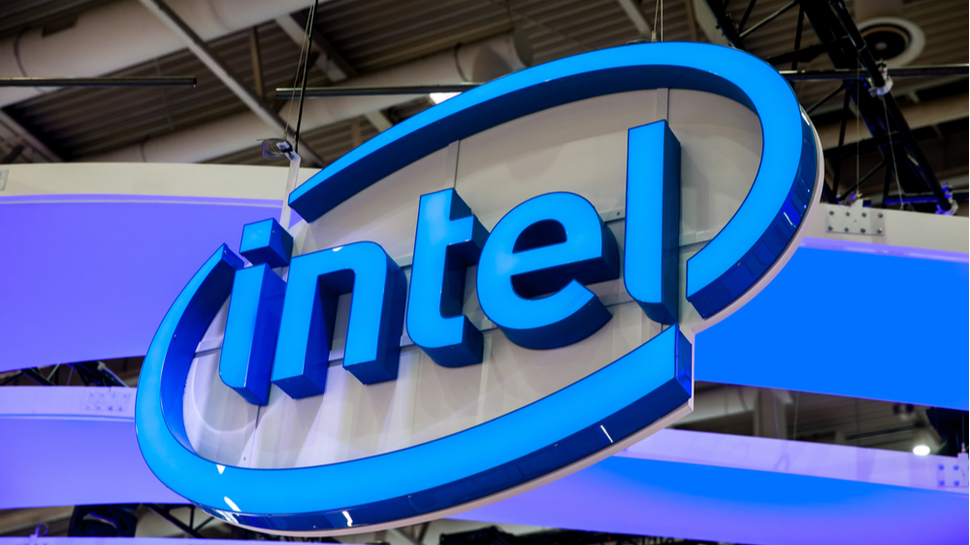Intel's upcoming gaming GPU may be no match for the Nvidia RTX 3080
Leaked specs suggest 12GB of GDDR6 VRAM

New specs have appeared online that seem to show just how powerful Intel’s rumored Xe-HPG DG2 gaming GPU could be – and by the looks of things, it could be pitched to take on the Nvidia RTX 3080, currently one of the best graphics cards in the world.
Found in Geekbench results (and first spotted by the Benchleaks Twitter account), the Intel Xe-HPG DG2 GPU comes with 512 Execution Units (EU), 4,096 cores, and a clock speed of 1.8GHz.
- Where to buy the RTX 3080
- Nvidia vs AMD: who makes the best GPUs?
- These are the best gaming laptops
The benchmark results also show the GPU coming with 12.6GB of memory. This is likely to be a bit of an error on the benchmark’s side, but many people are assuming it means the graphics card will feature 12GB.
[GB5 GPU] Both unknownCPU: Genuine Intel 0000 2.20GHz (16C 24T)Min/Max/Avg: 12773/21250/20945 MHzCodename: Alder LakeGPU: Intel Gen12 Desktop Graphics ControllerAPI: Open CLScore: 7943, -90.7% vs RTX 2070VRAM: 12.57 GBhttps://t.co/tZiI6bxBSAMarch 16, 2021
When it comes to clock speeds, the Intel Xe-HPG DG2 GPU looks like it can go a bit faster than the RTX 3080 (which has a max clock speed of 1.71GHz). Meanwhile, if it does come with 12GB of memory, that on paper beats the RTX 3080’s 10GB. However, the RTX 3080 uses GDDR6X memory, so if the Intel Xe-HPG DG2 GPU only uses the slower GDDR6 memory, then the RTX 3080 will perform better.
Disappointing results
The benchmark results are from the Geekbench 5 tests (which we use to evaluate laptop and desktop performance in our own reviews), and suggest the test machine is running on an Intel Alder Lake-S 12th gen processor with 16 cores and 24 threads, along with 32GB DDR5 memory.
Not only does this apparently show a test rig with an unreleased GPU, but one with an unreleased CPU and rare RAM as well. So, we should take this rumor with a healthy degree of skepticism.
The alleged results of the benchmark test are also disappointing, with the score much lower than any of Nvidia’s recent cards.
Get daily insight, inspiration and deals in your inbox
Sign up for breaking news, reviews, opinion, top tech deals, and more.
Does this mean the GPU fight between Nvidia and Intel is over before it even began? Perhaps not, as these are unverified results. And, if they are indeed real, they're based on early units running unoptimized drivers. Hopefully, Intel will be working hard to make the performance of this GPU far more competitive.
We’d love to see Intel come up with a viable alternative to Nvidia and AMD’s gaming GPUs. More choice in the market is always a good thing for consumers – especially if it means everyone ups their game to keep competitive.
- These are the best GPUs of 2021

Matt is TechRadar's Managing Editor for Core Tech, looking after computing and mobile technology. Having written for a number of publications such as PC Plus, PC Format, T3 and Linux Format, there's no aspect of technology that Matt isn't passionate about, especially computing and PC gaming. He’s personally reviewed and used most of the laptops in our best laptops guide - and since joining TechRadar in 2014, he's reviewed over 250 laptops and computing accessories personally.